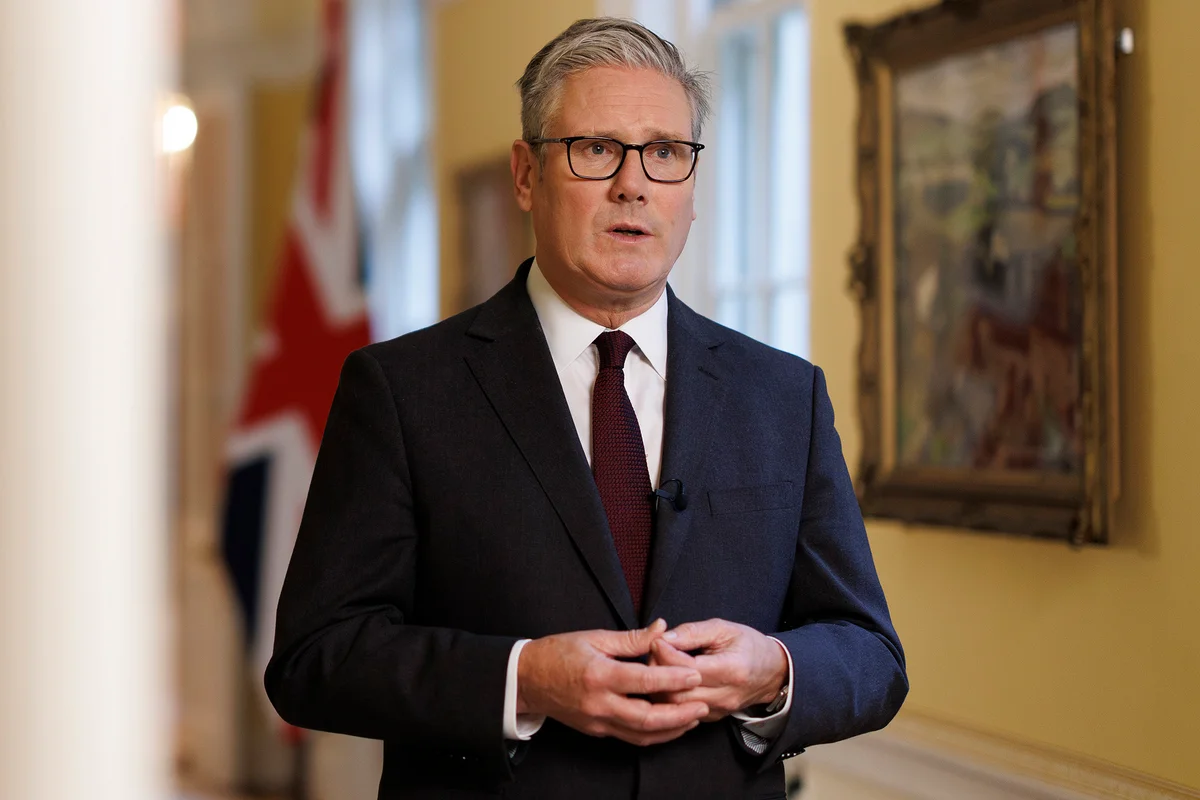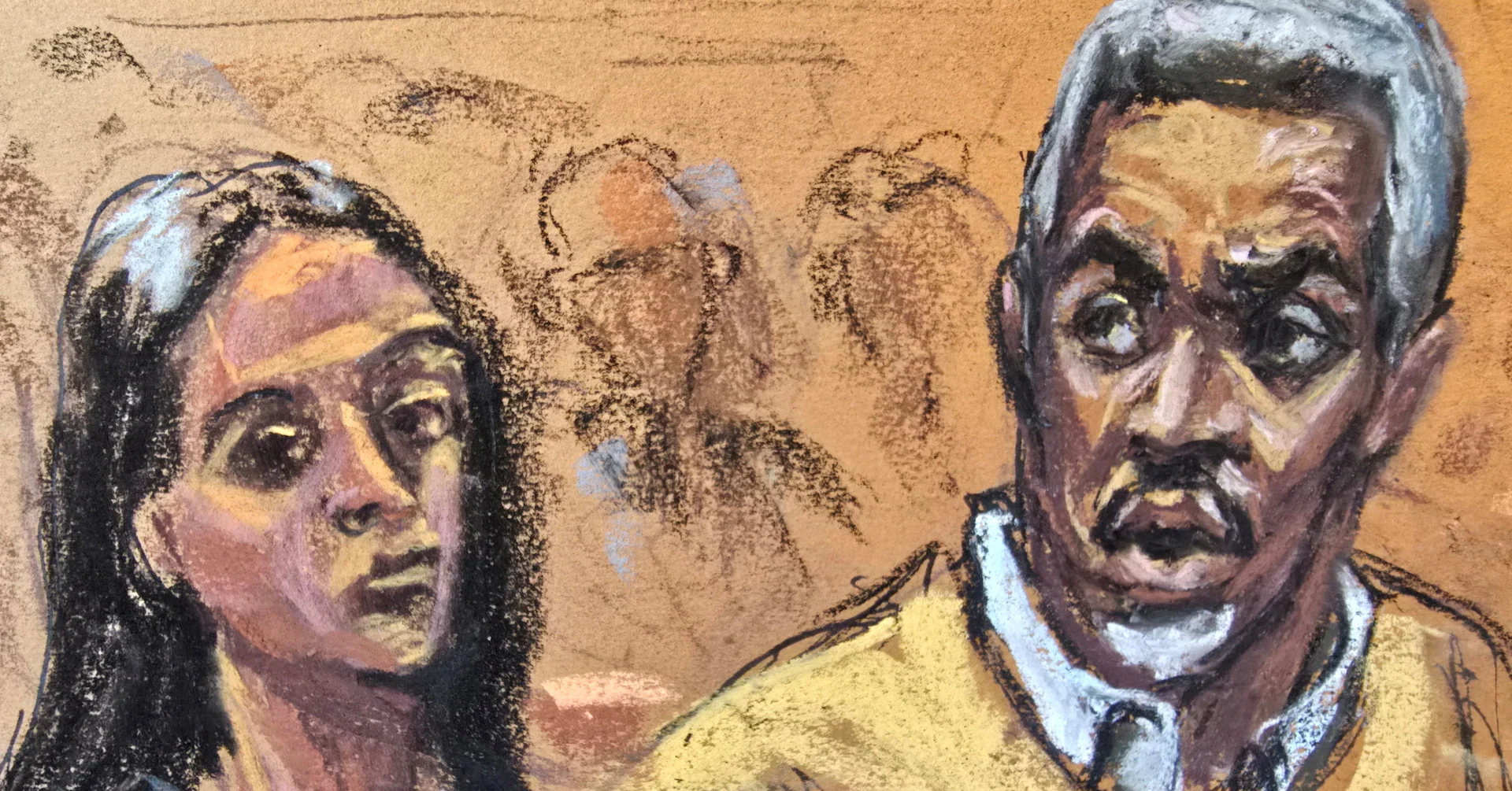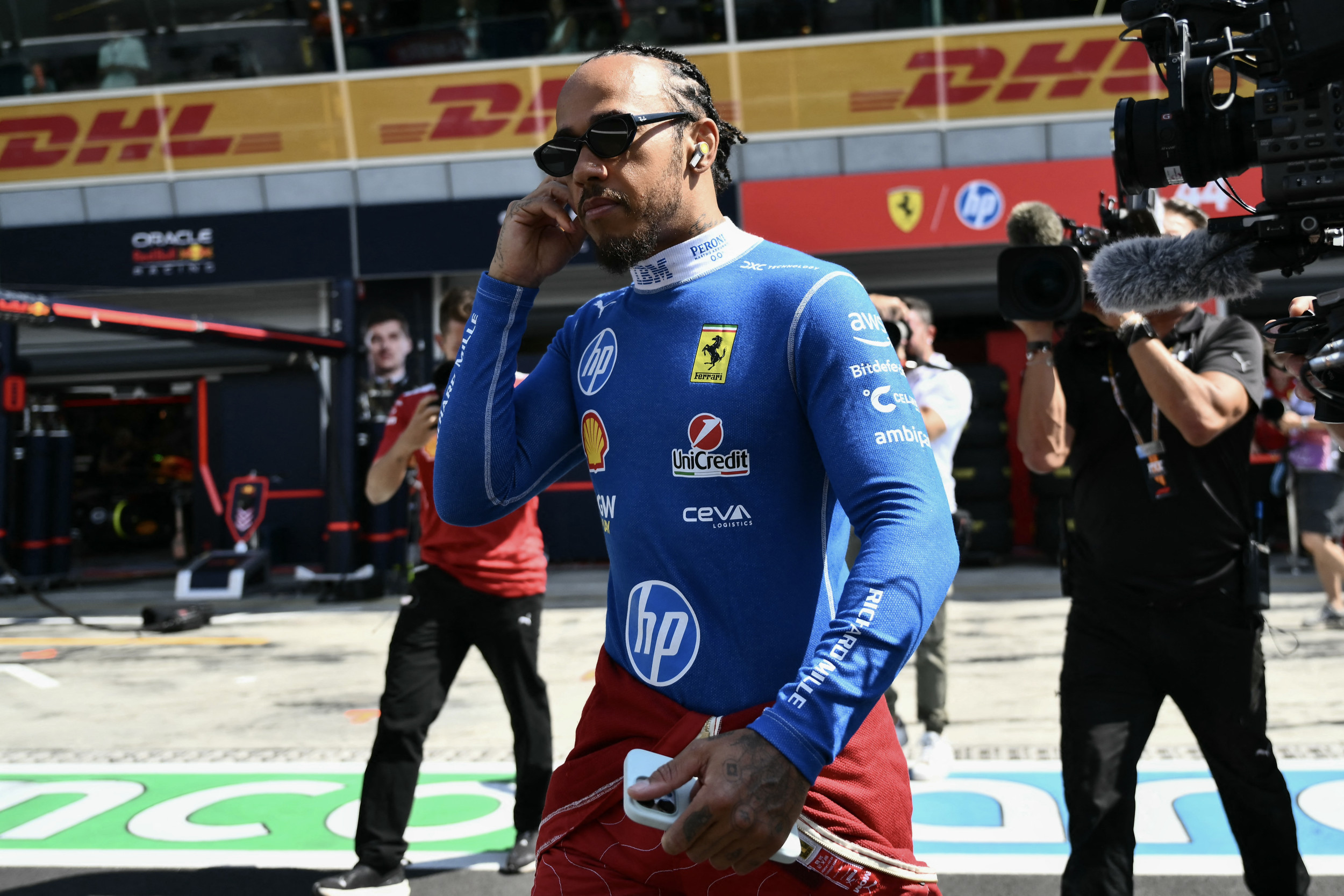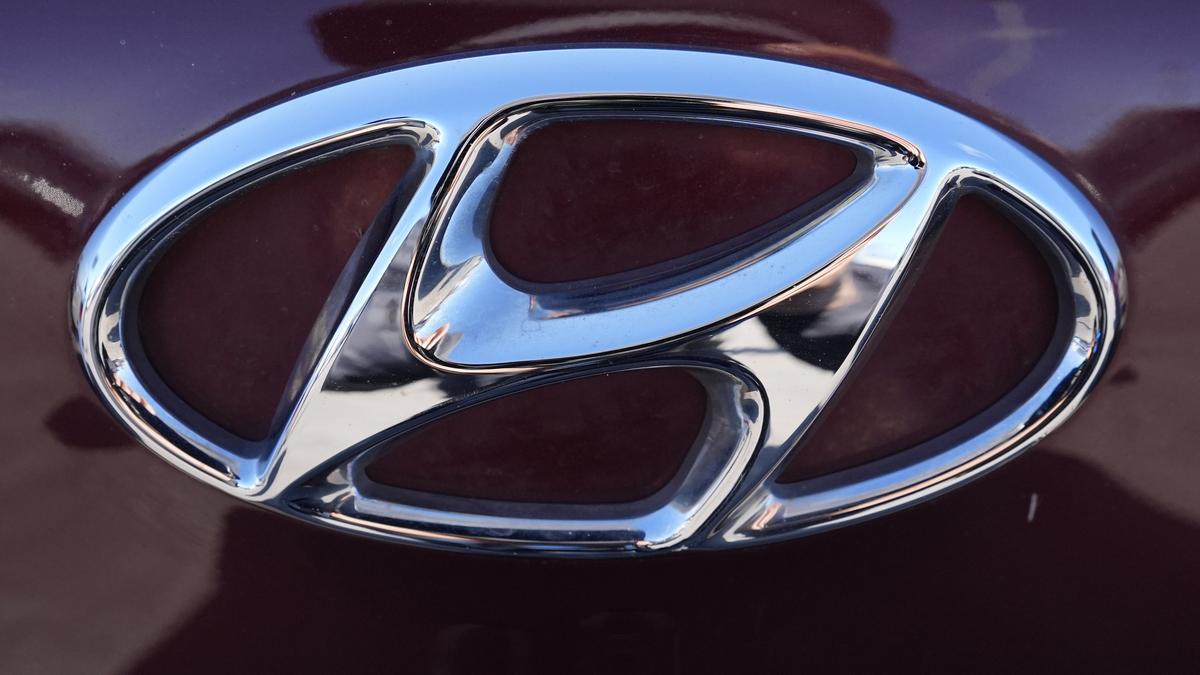By Bel Trew
Copyright independent

This weekend, the UK, Canada, Australia, and Portugal all recognised the state of Palestine. France, Malta, and four other states are expected to formally recognise a Palestinian state today.
It is a watershed moment, albeit painfully overdue for Palestinians who particularly feel this about the UK. Over 100 years ago, the then-British foreign secretary penned the Balfour Declaration announcing British support for “the establishment in Palestine of a national home for the Jewish people”, with no mention of the Palestinians, triggering decades of conflict, bloodshed, and erasure.
Fast forward to Sunday, Keir Starmer said the UK was pushing ahead with the recognition of Palestine “to revive the hope of peace and a two-state solution”.
He has called it “a pledge to the Palestinian and Israeli people … that there can be a better future”.
The very future of the region – the chances of reaching a two-state conclusion – is being discussed at a UN summit convened by France and Saudi Arabia in New York.
But all these moves have been met with blistering fury by Israel.
Prime minister Benjamin Netanyahu accused the UK and others of “rewarding terror with an enormous prize”. In response, he declared, “there will be no Palestinian state”, and vowed to “continue on this path” of expanding Jewish settlements in the occupied West Bank, which are illegal under international law. He signed off the message warning the world to “stand by” for further Israeli response.
Members of his cabinet have been even more explicit. Israel’s defence, finance, national security, culture and economy ministers have all called for the annexation of the occupied West Bank as “an appropriate response” to the slew of recognitions.
Meanwhile, Israel’s widely condemned offensive on Gaza City continues, and Israeli officials have said it will not stop. Extreme-right Israeli ministers have vowed the total destruction of the besieged enclave and the forcible transfer of its 2 million-strong population.
The situation is so grave that last week a UN commission of enquiry concluded that Israel has committed and is committing genocide in Gaza (a claim which Israel vehemently denies).
And so there is a deep concern among Palestinians right now that it won’t be enough for countries like the UK, which are allies and arms suppliers of Israel, to recognise Palestine without taking other concrete steps to deter Israel’s military and territorial ambitions. They worry that Israel will proceed with impunity and further violate international law.
They fear that the way everything is unfolding, there won’t be anything left of Palestine to recognise.
Dr Sara Husseini, director of the British Palestinian Committee, spelt it out: if the UK doesn’t follow it up with “concrete action” like sanctions and arms embargoes, Israel will continue to obliterate Gaza and the West Bank, advance annexation and pursue mass expulsions.
Right now, there is speculation in Israel that the “response” Netanyahu has promised online will likely be partial annexation of parts of the occupied West Bank.
Since the 1967 Middle East war, Israel seized the West Bank, East Jerusalem, and Gaza – an occupation which the International Court of Justice has deemed illegal and is in defiance of the Palestinian right to self-determination.
And so over the last five years, Israel has expanded settlements to such an extent that the West Bank is now home to over 500,000 Israeli settlers and around 3 million Palestinians, who live under Israeli military rule, with the Palestinian Authority exercising limited autonomy in scattered enclaves.
Within Israel, few think Netanyahu is likely to pursue full annexation, primarily because there are fears it would threaten the future of the Abraham Accords with the United Arab Emirates. It is a landmark diplomatic and trade agreement, signed in 2020 between Israel and some Gulf states, that has been central to Israel’s political ambitions in the region, and Israel hopes other nations will eventually join.
However, the covert warning in Netanyahu’s recent social media post may point to partial annexation of areas such as the Jordan Valley, where Palestinian communities have faced displacement via settlements and military exclusion zones.
One source told Israeli newspaper Haaretz that Netanyahu is also considering changing the status of an area which makes up about 22 per cent of the West Bank and is currently under joint Palestinian and Israeli security control.
They speculate that the land – known as “Area B” – could be placed under full Israeli military and civil authority, which would be devastating for the population there.
In the wake of the Palestinian statehood recognition, Netanyahu’s approval of the E1 settlement expansion plan to build over 3,400 housing units in the West Bank is underway, first conceived in the 1990s but never fully executed until now.
Rights groups and the Palestinian leadership have repeatedly warned that it would be yet a further blow to a viable Palestinian state, splitting the West Bank in half and preventing development around key Palestinian cities such as Ramallah.
The real concern right now is that, without concrete action, recognising the statehood of Palestine will ultimately be pointless, as there won’t be anything left to be a state.



